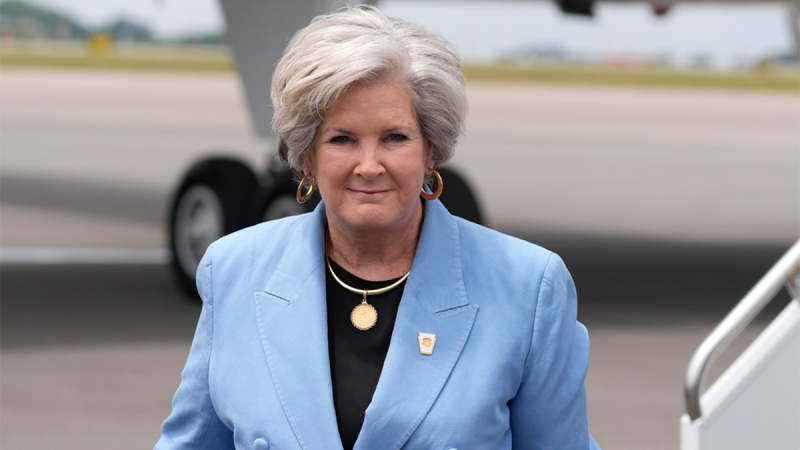Content:
One of the foremost determinants and nuances of any leadership is the assembly of its cabinet. This fascinating analysis delves into the cabinet chosen by Donald Trump, the 45th President of the United States. As an individual renowned for his business stewardship, it was anticipated that Donald Trump would have a unique approach in assembling his cabinet.
The choice of Rex Tillerson as the Secretary of State was, indeed, a surprise choice for many political pundits. Tillerson, an ex-CEO of Exxon Mobil, devoid of any political or diplomatic experience, raised many eyebrows. However, Trump justified his pick by citing Rex’s tenacity, broad experience and deep understanding of geopolitics. Opinions differ greatly on the performance of Tillerson, and he was eventually replaced by Mike Pompeo, but his selection set the tone for Trump’s unorthodox approach to cabinet selections.
Another compelling choice by the president was Jeff Sessions for the position of Attorney General. Sessions held a formidable reputation throughout his political journey. This Alabama senator exhibited a staunch conservative stance on immigration and criminal justice issues, aligning him with Trump’s hard-line views. Despite their initial alignment, the relationship between president and AG became strained over time, leading to Sessions’ resignation.
For the role of CIA Director, Donald Trump showed his confidence in Mike Pompeo, a former congressman from Kansas. Known for his hawkish approach on national security matters, Pompeo later moved on to become the United States Secretary of State replacing Rex Tillerson.
A strong military inclination was maintained in the selection of James Mattis as the Secretary of Defense. A retired Marine Corps general, Mattis brought a hard-nosed military philosophy to the administration. His unfiltered opinion and quotations have been the source of many a discussion. Despite abrupt fallouts and a controversial resignation, Mattis’ selection provided a clear link to Trump’s praises for military strength and capability.
In a unique blend of business and politics, Trump selected Wilbur Ross, a billionaire investor, as his Commerce Secretary. Ross’ role in Trump’s cabinet was expected to drive the kind of business-friendly policies that Trump had championed throughout his campaign.
Steven Mnuchin, appointed as the Secretary of Treasury, hinted at Donald Trump’s affinity towards Wall Street. A former Goldman Sachs executive and Hollywood film producer, Mnuchin played a key role in attempting to fulfill Trump’s ambitious tax cut promises.
Not without controversy and consistent with Trump’s reputation for going against the grain was the selection of Betsy DeVos for Secretary of Education, a billionaire philanthropist with fierce advocacy for charter schools and school vouchers.
Overall, Trump’s cabinet selection process demonstrated his respect for business acumen, military strength, and individuals who aligned with his own hard-line views, whether or not they held previous political experience. This showcased a radical shift from traditional cabinet selection approaches and will undoubtedly shape the historical narrative surrounding Donald Trump’s presidency.






























